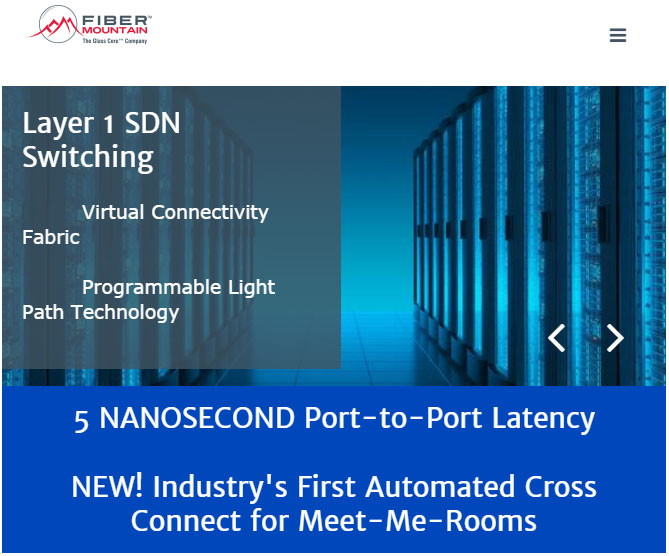Enterprise Storage Spending Experiencing Growth According to IDC
Virtually every technology we use today is connected at some level, and this is going to increase even more as the Internet of Things (IoT) brings more devices into the digital ecosystem. More connected devices means more data, and storage is going to be an important segment, as highlighted by the International Data Corporation (IDC) Worldwide Quarterly Disk Storage Systems Tracker.
According to the IDC report, global enterprise storage systems factory revenue experienced a 2.8 percent year over year (YoY) growth, bringing the total for the third quarter of 2015 to $9.1 billion. The capacity as measured in the amount of storage that was shipped during the same period totaled 33.1 hexabytes, a growth of 31.5 percent YoY.
The different segments in the report included the original design manufacturers (ODMs) that sell directly to hyperscale datacenters, which was up by 23.4 percent YoY to $1.3 billion in sales. The other segments were the sales of server-based storage, up by 9.9 percent with $2.1 billion in revenue, and external storage systems garnering the larges revenue with $5.8 billion in sales even though it was down -3.1 percent YoY. The top five vendors were EMC, HP, Dell, NetApp and IBM respectively
"The enterprise storage market continued to follow a consistent trend in the third quarter of 2015. Spending on traditional external arrays declined during the quarter as infrastructure refresh, coupled with the demand for software-defined storage and cloud-based storage, drove investments more heavily in server-based storage and hyperscale infrastructure," said Liz Conner, Research Manager, Storage.

Storage is part of the growing network infrastructure that transports the data everyone uses. As more storage is purchased across all segments, network technology has to also keep up to transport the information without any difficulties. Network virtualization, enabled through Software Defined Networks (SDN), is seen as the solution network and data center operators are looking to provide the answers.
To address the complex problems that will be faced by network and data center operators, Fiber Mountain has developed Glass Core, which uses its Alpine Orchestration System (AOS), Intelligent Optical Switch and Connectivity Virtualization solutions to transform today’s complex network infrastructure. By providing a software defined solution, the company is able to increase network speed, efficiency and give operators the freedom to move away from the rigid architectures of the past.
According to Fiber Mountain, “We provide network administrators ultimate control and unparalleled flexibility in how they bring-up, provision, manage and retire data center resources through intelligent and programmable network control points.”
This results is a dramatic reduction in network equipment acquisition and operation, while giving network administrators greater control.
Edited by Kyle Piscioniere


